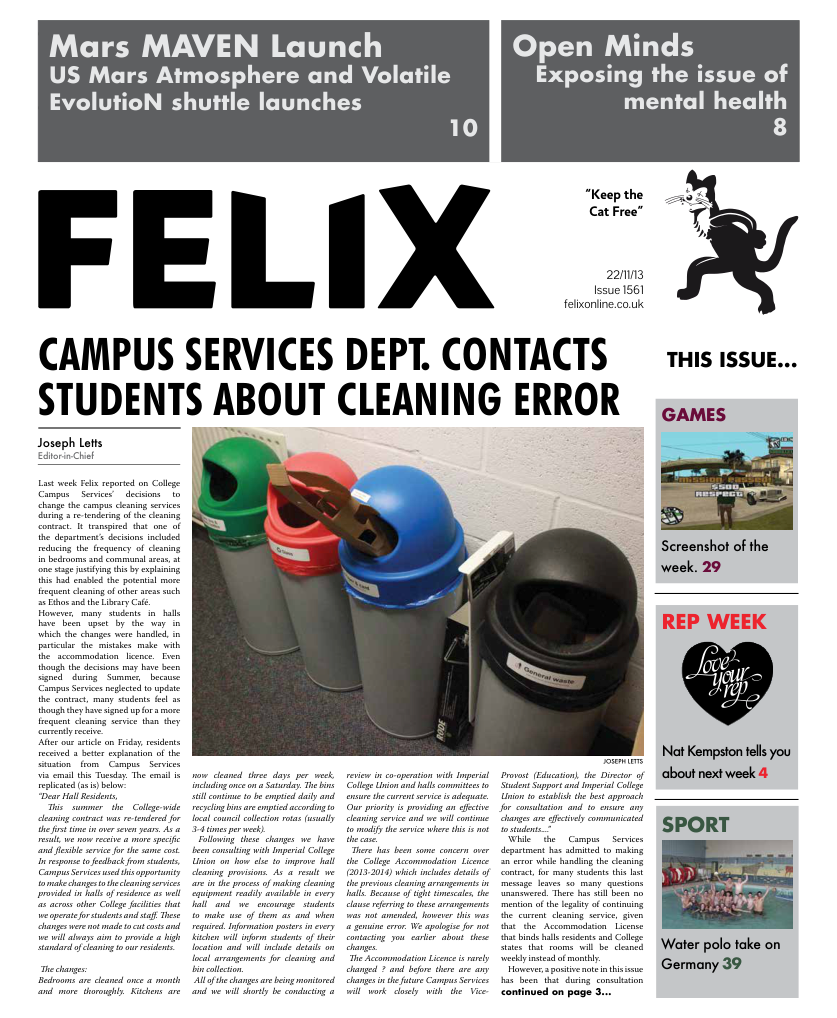The Comic Success of Don Jon
Jack Steadman reviews the newly released Don Jon, directed by Joseph Gordon-Levitt

Joseph Gordon-Levitt’s directorial debut (which he also wrote and stars in – the classic triple threat) opens with a rather unsubtle montage that flicks between credits and the standard examples of society’s objectification of women. It makes a rather obvious point – objectification is everywhere – but the complete absence of context sets the initial tone of the film in a no-man’s-land of taste: is this just another film that uses objectification as part of its draw, or is this one that openly rips into and lays bare the misogyny behind that objectification? (I’m going to spoil things for you here, because if I don’t it completely derails the review, and tell you this is very much the latter. Obviously.)
From the title card comes a sequence that is almost instantly the perfect example of TMI (Too Much Information for you acronym-o-phobes) as ‘Don’ Jon (Gordon-Levitt) details his, ah, ‘me time’ routine. Explicitly details. With clips from the porn and everything. And then, just when you think Don Jon might finally have found the limit of the detail it’s prepared to go into, it goes further, and just keeps going. It’s an incredibly confident (and bold) film for a debut director – and it works all the better for it. A more nervous hand could have sunk this film, instead the assured direction and script ensure it stays afloat, confident in the comedy and story being good enough to get past the initial awkwardness.
Fortunately (oh, so fortunately), both of them are more than good enough – the comedy is spot-on, getting laughs from both the insanely smart script and its brutal realism. In a film that opens the way Don Jon does, it’s perfectly acceptable for people to talk the way people in real life actually talk (shocking, isn’t it, people talking like people in a film), with quickfire exchanges and inane banter (mostly involving Jon and co’s ‘scoring’ – literally, not in the euphemistic sense you foul-minded slob, although they do that too – of women at the bar) keeping the laughter fairly constant. The family comedy is a treat, from Tony Danza’s admiring of Jon’s new girlfriend (which got perhaps the biggest laughs of the night) to Brie Larson’s deadpan expressions (with Larson walking off with the film’s highest laughs-to-lines ratio: one line to many, many laughs). Julianne Moore’s introductory monologue is equally delightful (and by delightful I mean hilariously awkward and off-the-wall – I have a weird definition of ‘delightful’ it seems), and the in-car skits are perhaps the film’s highlight, 10, 20-second shots that perfectly encapsulate Jon at that point in time.
It seems a little excessive to continue raving about the comedy quality in Don Jon, but it’s easily its strongest asset, as the script skewers absolutely everything it can lay its hands on, from the obvious – misogyny, objectification, porn, gender norms (there’s a great argument about ‘cleaning’ in the film which is the complete opposite of what you expect and therefore perfect) – to the unexpected – TiVo, the Church, advertisements, Facebook: you name it, it’s probably getting fun poked at it. Even films. Especially films. Hell, Don Jon pokes fun at itself. And that’s why it’s so good.
Well, it’s not the only reason. The perfect performances play a significant part in that as well – everyone is on top form here, from Larson with her one line to Gordon-Levitt and Scarlett Johansson (amazing, as ever) with their many. The great use of recurring imagery (trips to the gym, the car skits, confessions – half the film consists of variations on the same ten or so scenes, and yet it works), the solid editing and the constant sense of discomfort all combine to produce one hell of a film. It’s not perfect, by any means, but then as the film tries so hard to point out – nothing, and nobody is. Not sex, not relationships, not movie-making. But at least Don Jon comes close.
8/10





